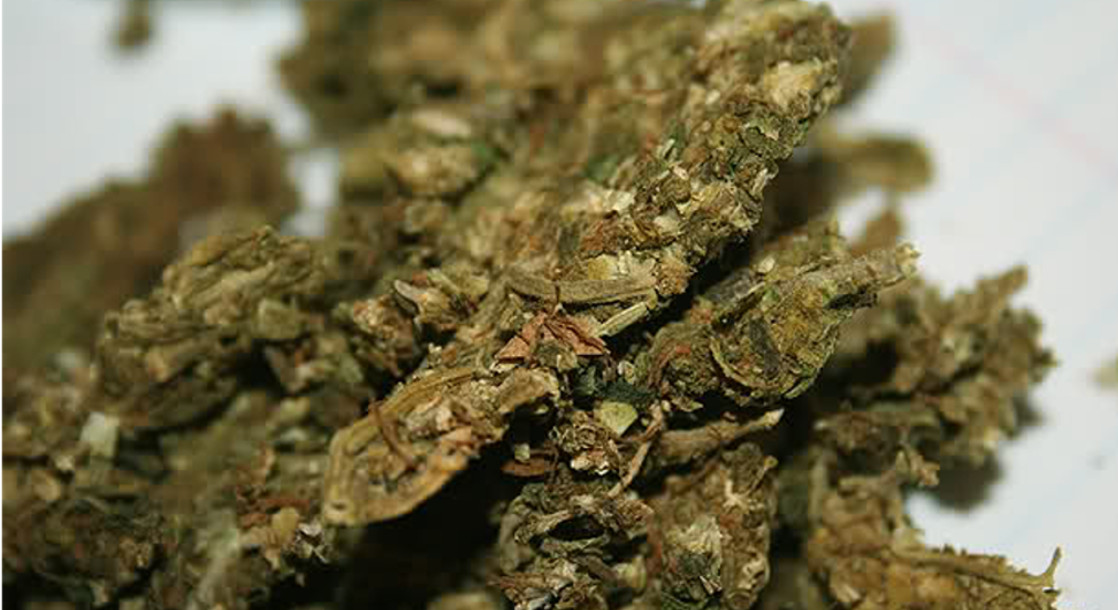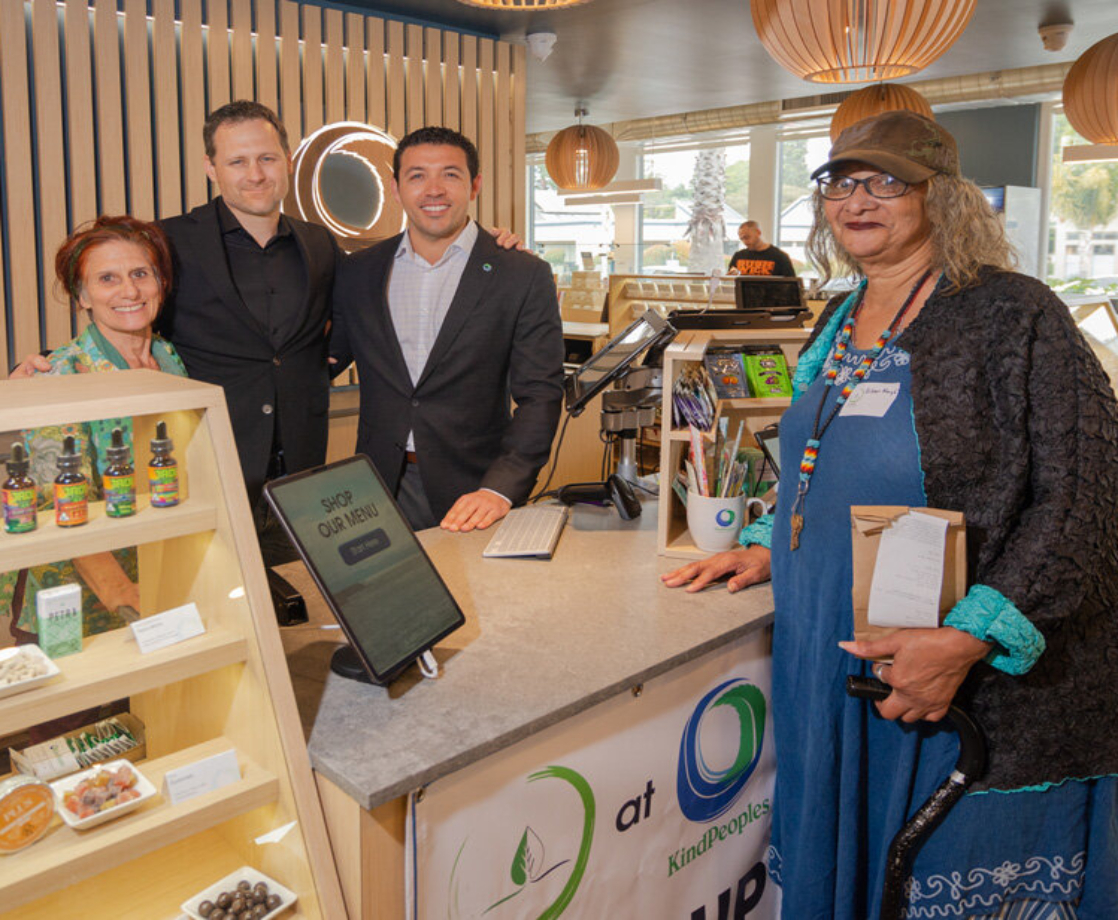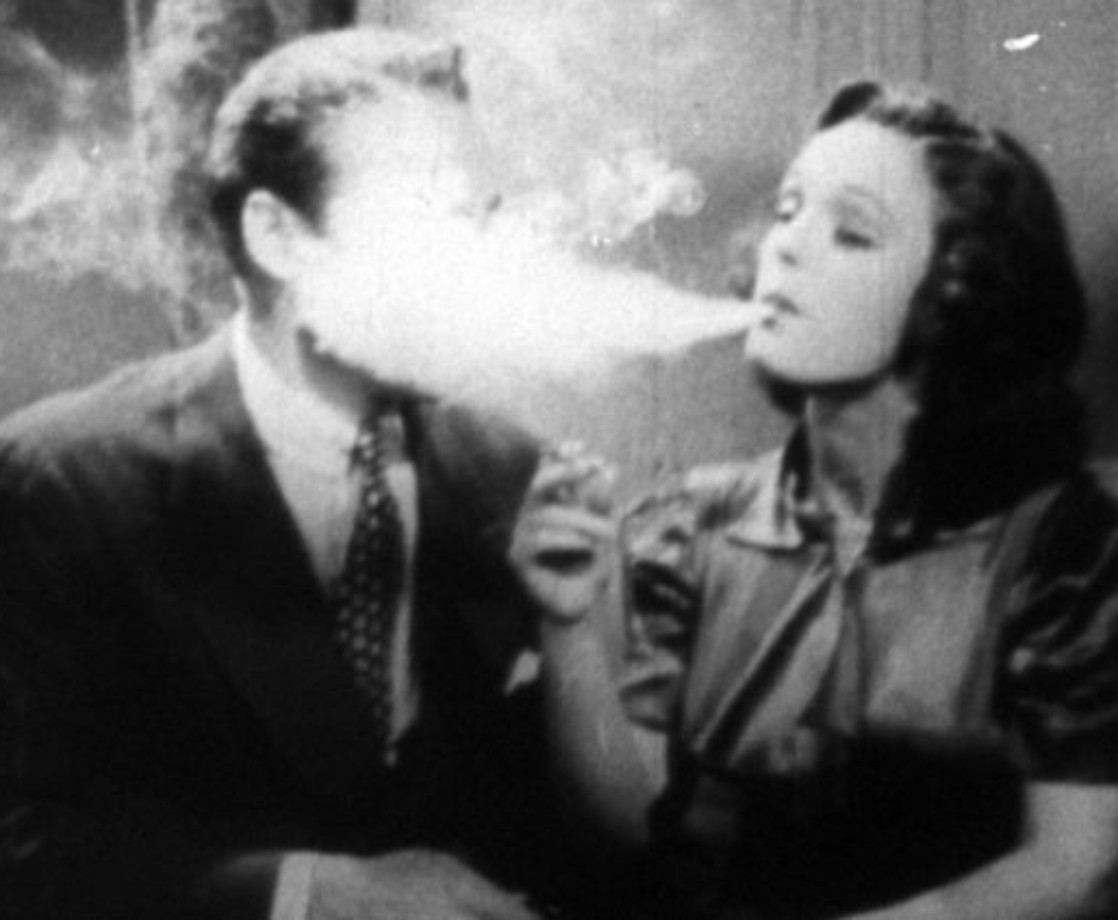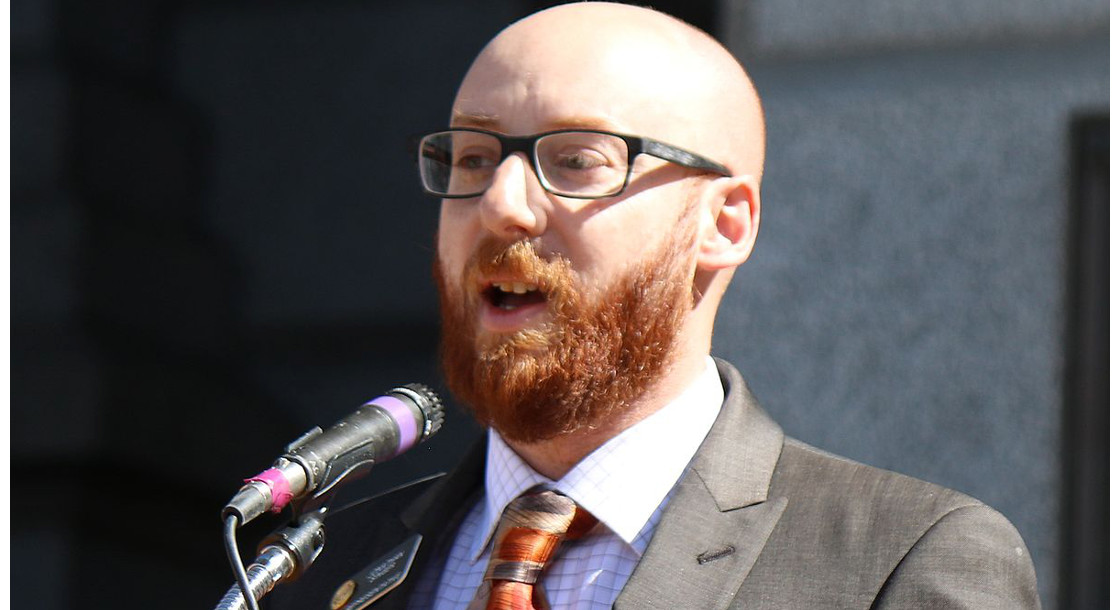Xelajú, Quetzaltenango in Spanish, is Guatemala’s second largest city and lies nestled into the mountains of western Guatemala. The city’s colorful indigenous culture persists to this day, drawing thousands of tourists annually, including myself.
After settling into a colonial home in downtown Xela (pronounced Shey-la), I quickly adopted a daily routine of Spanish classes and forays to markets and the countryside. A recreational smoker, it didn’t take me long to find marijuana, most commonly called “mota” in Guatemala (other popular names include “borro,” “ganja,” and “diguil”). I’d overpaid on rent, hard not to do when my rent was $100/mo, and my landlord offered marijuana in compensation. Typical of the black market, advancing money to my dealer meant delivery took weeks. He finally came through, with schwag, but I happily paid the gringo price in a country with strict anti-marijuana laws. With a mellow buzz and my curiosity piqued, I journeyed further into the marijuana scene.
Fortunately, my Spanish teacher, Juan Arango, is a well-connected, knowledgeable young guy. Juan not only teaches Spanish, he studies law, knows the city’s undercurrents, and grew up with farming grandparents; his knowledge of his homeland is both extensive and detailed. Over locally grown and produced coffee and chocolate (my favorite are “piedras negras,” chocolate covered pastries), our rooftop Spanish classes above Xela’s downtown din evolved into lessons ranging from tips for a foreigner to easily score mota to its role in society and potential effects of legalization.
Safely Buying Cannabis as a Foreigner
Buying weed in Xela is very easy because it’s so common. There are three main sources: dealers, artisan cultivators, and individuals with government connections. Dealers frequent parks, disco clubs, and other public locations. Juan’s insider tip: state universities are “safe zones” where government intervention is prohibited, so there is no security. While Juan called the situation “idiotic” and “a little ridiculous,” he noted that it’s plenty safe for transactions. Buying from artisans appealed to me most, but Juan cautioned against that as a foreigner. He claims it’s “impossible” for a foreigner to cop in rural areas, as most people would suspect foreigners of drug trafficking, but this seems like just another example of Guatemala’s unofficial motto, “It’s impossible,” creeping up to high-stymie. Around the world, one source remains constant: Juan assured me that government-seized marijuana discretely finds its way back to the market through individuals with access to justice-system storehouses.
For a foreigner, dealers provide the easiest means, though they sometimes come in unlikely forms. While it’s comfortable to buy from dealers in clubs, who’ve grown accustomed to working with foreigners, one can also safely buy on the street. In tourist areas, such as on the world-famous Lago de Atitlán, dealers often come in much smaller packages. Children as young as eight or nine years old support themselves and their families through selling marijuana. These kids readily approach foreigners, as there is a perception among Guatemaltecos that marijuana carries less of a taboo with foreigners than with locals.
Mota as Provider
As Juan explains, children sell to foreigners, “because it’s their way of life and manner of subsistence.” In Guatemala, children often begin working before they are 10 years old, and selling marijuana is a viable career-track. He described a young dealer he met on Lago de Atitlán who spoke English, Spanish, French, and his native language, all at eight or nine years old and without the aid of school. That young boy and his five brothers sell to support their family.
Growers depend on “el borro” as well. For some, it’s simply an “easy, fast, simple method to acquire a little bit of money.” Campesinos, or farmers, who have land where they grow vegetables, may cultivate marijuana as well. Because marijuana is still somewhat taboo in Guatemala, campesinos cultivate secretly, though Juan describes it as a “secreto a voces,” or open secret- everybody who lives in the area knows who cultivates.
Legalization May or May Not Help Guatemalans
When I asked Juan about certain American states having legalized medicinal or recreational use, he noted a stark contrast. Juan emphasized Guatemala’s status as a third world country, stating that Guatemalans, “really take hold of anything that can serve our economy and we exploit it, because that’s what we know to do. Take something in hand and use it.” Producing and selling marijuana is “just another job… a person opening a tortilla shop out of their house is just the same as selling marijuana.” Given that marijuana can be lucrative, I assumed Juan and other Guatemalans would favor legalization, but there the situation grows complex.
Guatemala still struggles under imperialism. If legalized, large, multi-national corporations would set up huge production sites, bring their own personnel, and siphon profits out of the country. According to Juan, “many people in rural areas would lose the income.” This scenario has played out with bananas, corn, cattle, and other sectors. Guatemala’s economy and its people may not benefit financially from legalization.
But what about dealing a blow to cartels? “Maria juana,” a Mexican name that has reached across the border, does generate conflict in Guatemala. Like the US/Mexican border, the Guatemalan border with Mexico is dominated by several cartels. That region sees regular violence, with the government declaring a state of emergency only a few months ago. While legalization might not help Guatemalans financially, it would push out foreign, sometimes violent producers.
Taboo, But Not a Problem
Traveling in Guatemala, it’s easy to see problems amidst the beauty. Poverty and a serious lack of access to education, clean water and food, and healthcare abound, but marijuana is not one of those problems. For Guatemalans, mota is as much a cash crop as coffee and chocolate. If you’re traveling through Guatemala, feel free to sample the locally grown green and see a different side of society.











